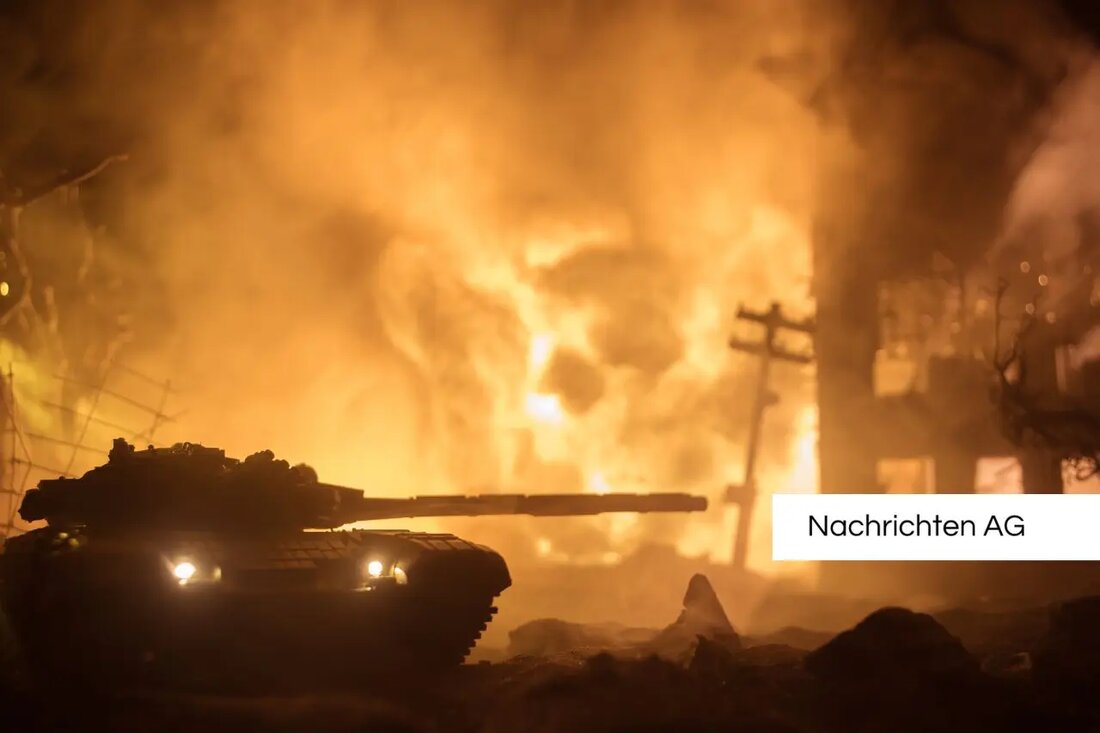German-Polish dialogue: Danzig discovered as a city of freedom!
German-Polish dialogue: Danzig discovered as a city of freedom!
On January 19, 2025, the city of Kassel organized its New Year's reception, an event that not only has social importance, but is also supposed to set cultural and political impulses. Mayor Dr. Sven Schoeller and numerous guests of honor took part in the event that took place in the town hall. Particular attention was also paid to the German-Polish dialogue, which is promoted by various initiatives.
A central component of this dialogue is the format "History in Dialogue", which was developed by the Europa Union Kassel. In November 2024 there was a workshop in Gdansk, which was occupied by 30 specialists from Germany and Poland. The workshop, under the title "Self -conscious city citizenship in the past and today", not only addressed the history of the city, but also current questions about the culture of remembrance.
The workshop in Gdansk
The workshop, which took place from November 24th to 28th, 2024, was organized in partnership with the German-Polish Society in Gdansk and the “Kotwica I Gryf” foundation. Venues were the museum of the World War II and the center of Dolna Brama. The opening was led by the contemporary witness Ra Jacek Taylor, who defended the Solidarność activists in the 1980s.
A highlight was a city tour on the second day, led by Dr. Jan Daniluk, in which the participants explored the German, Polish, Kashubian and Jewish traces of Gdansk. The first of three planned panel discussions dealt with the history of the borderland and the responsible handling of history.
inspiring discussions and network work
Speakers like Dr. Leszek Molendowski and Prof. Jerzy Grzywacz contributed to the depth of the discussions. Particularly noteworthy is the lecture by Andrzej Dusiewicz about the “Europe. Our history” textbook, which gave many impulses for the practical implementation of the content.
On the fourth day, the participants put together teaching plans on the subject of "Gdansk, the City of Freedom" in mixed groups. They were accompanied by an interpreter team under the direction of Bożena Meske and Paweł Gorszczynski, so that intercultural communication could ensure. The atmosphere was made by a letter from the German Consul General Dr. Cornelia Piper, who welcomed the participants, further intensified. Many of those present found the time in Gdansk to be inspiring and used the opportunity for networking.
The next edition of the workshop is planned for 2025 in Kassel, the focus of the topic "forgotten history/n of women". This event is supported by the self-administration of the Pomerania Voivodeship as well as the city of Danzig and the Consulate General of the Federal Republic of Germany, with financial support from the German-Polish Cooperation Foundation, the Sanddorf Foundation and the Hessian State Center for Political Education.
insight into the eventful history of Gdansk
Danzig (Polish Gdańsk) has a long and multifaceted story that extends from the first settlement to the present day. The city, which is located at the Vistula mouth, was an important trade route for the Vikings in the 10th century and played a central role over the centuries in numerous political and economic developments. In the 13th century she experienced a heyday as a trade center in the Baltic Sea.
The eventful history of the city also includes its role as a “free city of Gdansk” from 1920 to 1939, which led to considerable political tensions. The connection to the German Reich in 1939 marked the beginning of the Second World War and had devastating consequences for the city's Jewish and Polish population. After the war, Gdansk was reconstructed and experienced an immigration of Polish population, which led to today's ethnic composition.
The connection between Kassel and Gdansk offers important approaches to promoting European coexistence and reflection on one's own history through these historical and cultural projects.
| Details | |
|---|---|
| Quellen | |


Kommentare (0)